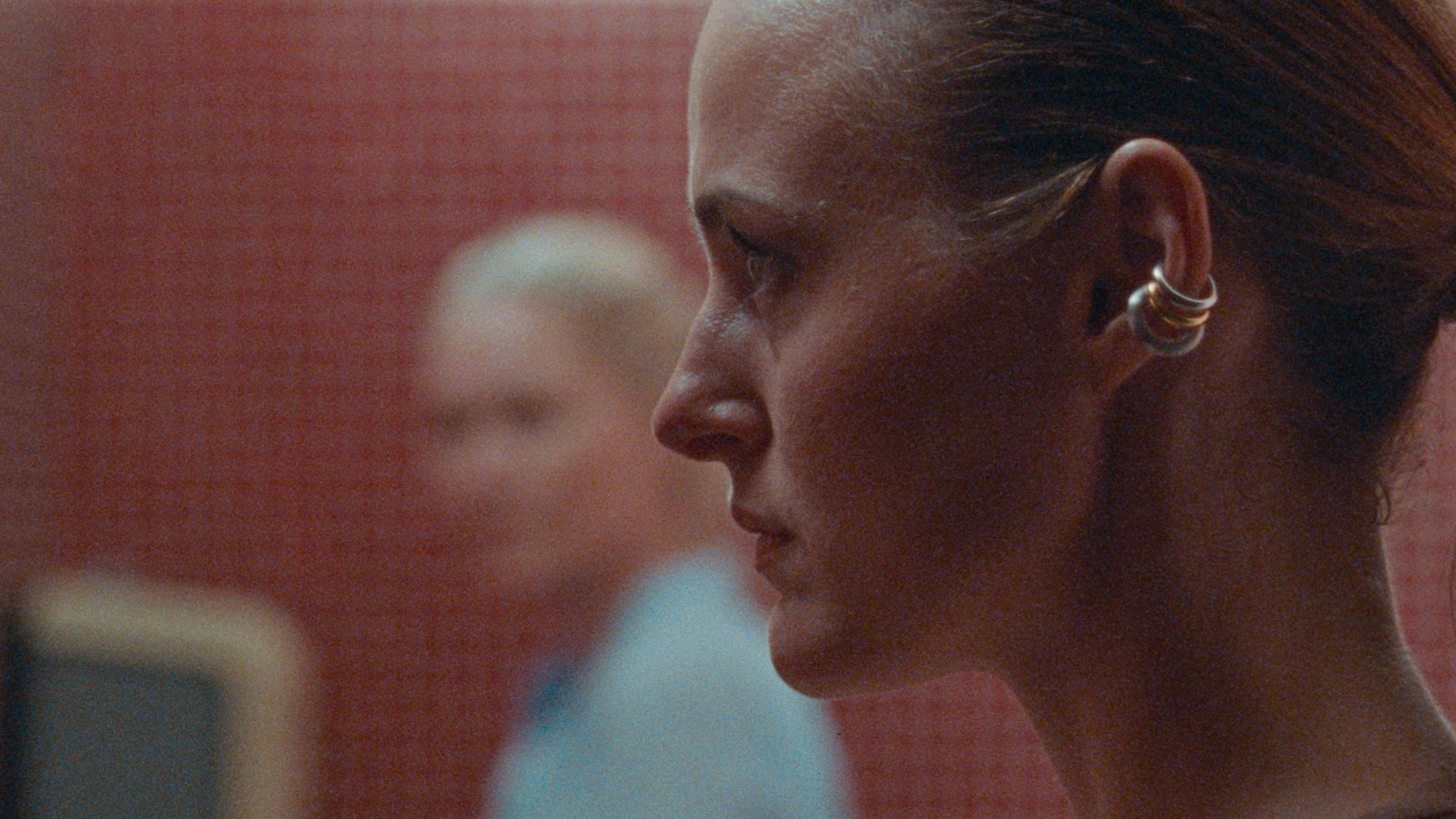LUMI X BFF: Armand Review
11 November 2024
LUMI Programmer Rena McGauley reviews tense Norwegian drama, Armand, for Belfast Film Festival.

Much of Armand’s appeal may stem from what’s come before it, whether from director Halfdan Ullman Tǿndel’s cinematic lineage or the breakout success of lead actress Renate Reinsve. Audiences expecting Reinsve’s charm or Bergmanian psychodrama may leave disappointed. Instead, Ullman Tǿndel’s debut explores the ethical dilemma at the heart of Armand through a cryptic character drama with touches of surrealism and black comedy. Through claustrophobic cinematography, production design and lead performances, Armand queries: at what point does the truth cease to matter?
Armand takes place almost exclusively within the Gothic spires and sombre interiors of 6-year-old Armand and Jon’s school. While both boys are only briefly seen on screen and never heard from, they immediately direct the narrative. The school's staff, headed by principal Jarle (Øystein Røger) and support teachers Asja (Vera Veljovic) and Sunna (Thea Lambrechts Vaulen), discuss an “incident” that is somehow either “serious, or completely innocent”.
This oxymoron rings in our ears as Armand’s mother Elisabeth (Renate Reinsve) thunders onto the screen in a blaze of click-clacking high heels and gleaming gold earrings. As Elisabeth sits down with Jon’s comparatively demure parents Sarah (Ellen Dorrit Petersen) and Anders (Endre Hellestveit), we finally learn the unthinkable: Jon has accused his classmate Armand of sexual assault.
It becomes apparent that Armand is not concerned with what actually happened between the two 6-year-olds, as everyone onscreen quickly devolves into denials, story changes and finger-pointing. Information about the characters is exposed painfully slowly, with Elisabeth and Sarah only being revealed as sisters-in-law when we are already deep into the drama. We learn that Elisabeth is an actress who has recently “been through a lot”, a vague explanation for her increasingly theatrical behaviour.
As the accusations reach a boiling point, we learn the big family secret; Sarah’s brother/Elisabeth’s husband was an abusive man who recently died under mysterious circumstances. Rather than provide clarity, this reveal only further plunges the audience and characters into uncertainty. More damningly, the school's staff seem to completely fall apart, with repeated mentions of “procedures” that they can never seem to define. In perhaps the film's most memorable shot, a visual reference to Ullman Tǿndel’s grandfathers (Ingmar Bergman) film Persona, the teachers merge into a three-headed basilisk. The implication is clear, rational thought has ceased and all that’s left is chaos.
Armand eventually devolves into the surreal, with each adult becoming fixated on their own traumas as they detach from reality. The meeting between the teachers and parents seems to last for days, with the school itself becoming complicit in the hostile and oppressive atmosphere. Alongside an ever-ringing fire alarm, the muted primary colours of both the school and the actors costuming leads to a nightmarish vision reminiscent of Suspiria, an inspiration that becomes even more obvious as Elisabeth stumble-dances across the screen. Armand ultimately creates more questions than it answers, a narrative style that is equal parts tense and frustrating. The core ethical dilemma of the film feels stretched to its limits by the film's conclusion, with the surrealistic elements feeling visually interesting but ultimately hollow. The meticulous cinematography and production design of Armand is what ultimately impressed me. Being that this is Ullman Tǿndel’s debut film, the attention to detail he shows in his filmmaking is impressive. While Armand’s narrative left me feeling indifferent, the films craftsmanship still makes me curious to see Ullman Tǿndel’s future work.




